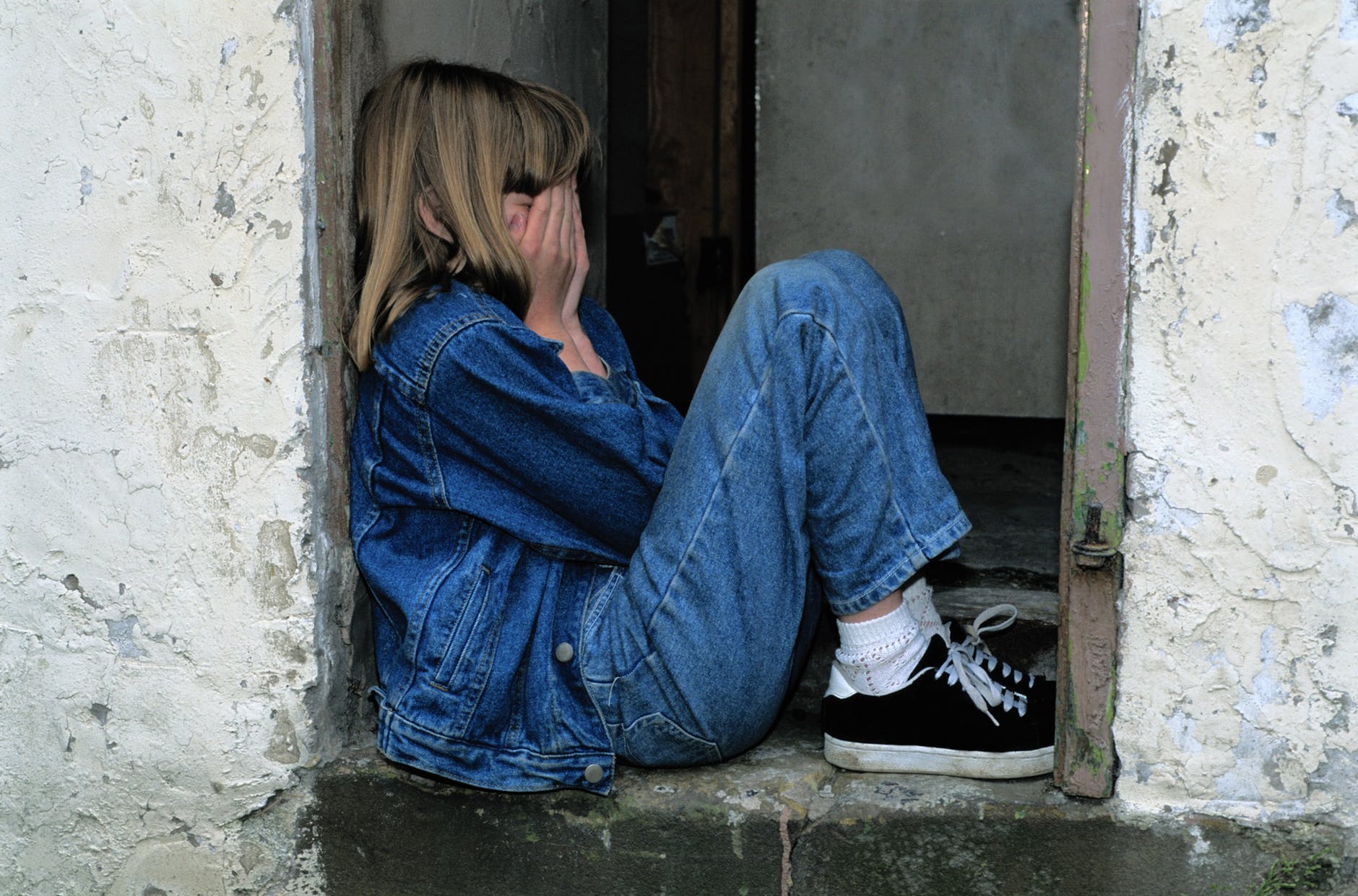Recent headlines have revealed an alarming rash of suicides among police officers and veterans. But adults are not the only ones at risk.
According to the Centers for Disease Control and Prevention (CDC), suicide is the third leading cause of death among individuals between the ages of 10 and 14, and the second leading cause of death among individuals between the ages of 15 and 34. One in 12 high school students attempts suicide.
It is far more rare—though not unheard of—for children younger than 10 to commit suicide, but it does happen. About four out of every 500,000 children below the age of 12 commit suicide annually, reports the CDC.
At North Shore Child & Family Guidance Center, 20 percent of all admissions come to us as crisis situations, including kids who talk and act as if they don’t want to live.
Both children and teens are at risk of depression and suicide when they experience traumatic events in their lives, such as divorce, death of a loved one, abuse or illness, according to Elissa Smilowitz, LCSWR and Coordinator of Triage & Emergency Services at North Shore Child & Family Guidance Center.
Smilowitz emphasizes that parents must acknowledge that the risk of suicide is real and that it’s very dangerous to view their child or teen’s behavior as a normal part of adolescent melodrama. “Parents say, ‘Teenagers are supposed to be moody, aren’t they?’,” she says. “Yes, but it is the severity of the mood that parents need to look at.”
Here are some of the warning signs that a child or teen might be suicidal, from the Mayo Clinic:
- Talking or writing about suicide — for example, making statements such as “I’m going to kill myself,” or “I won’t be a problem for you much longer”
- Withdrawing from social contact
- Having mood swings
- Increasing use of alcohol or drugs
- Feeling trapped or hopeless about a situation
- Changing normal routine, including eating or sleeping patterns
- Doing risky or self-destructive things
- Giving away belongings when there is no other logical explanation for why this is being done
- Developing personality changes or being severely anxious or agitated when experiencing some of the warning signs listed above
So, what do you do if you suspect your child or teen may be suicidal? The first step is to consult a mental health professional. The Guidance Center has a Triage & Emergency Services program that offers a rapid response to psychiatric emergencies. Our team will assess if the situation appears urgent and will make an appointment to see the child within 24 to 48 hours (if it’s deemed extremely urgent, we do advise you go to the Emergency Room).
It’s very important that you communicate your concern to your child in a loving, non-judgmental way, says Smilowitz. “Talking about suicide will not make your child more likely to act upon it,” she says. “The opposite is true. Also, let them know that you believe that getting help is not a weakness, but rather shows their strength.”
If you or a member of your family is in crisis, call North Shore Child & Family Guidance Center at (516) 626-1971. You can also call the toll-free National Suicide Prevention Lifeline at 1-800-273-TALK (8255), available 24 hours a day, 7 days a week
Sources:
https://webappa.cdc.gov/sasweb/ncipc/leadcause.html
http://www.slate.com/articles/news_and_politics/recycled/2010/04/do_children_commit_suicide.html
















